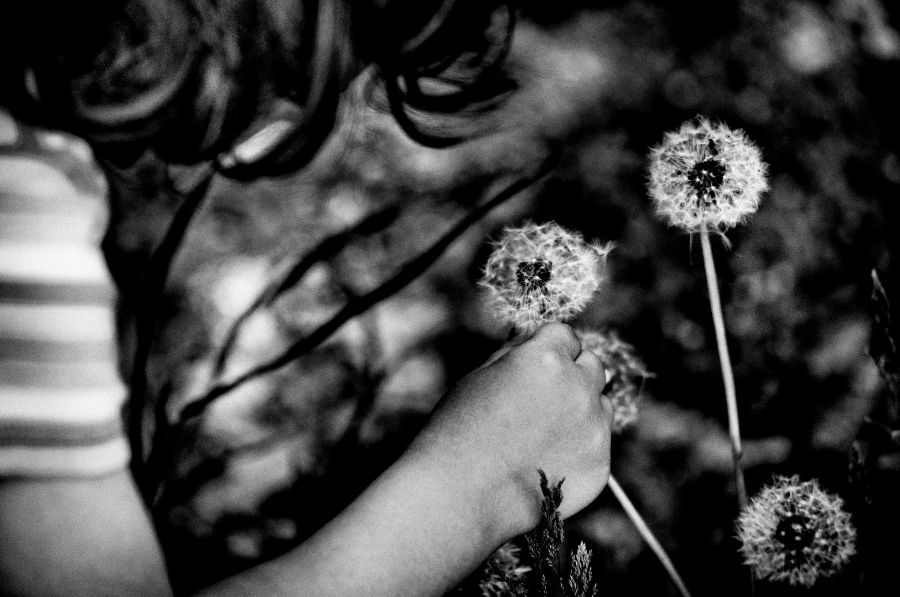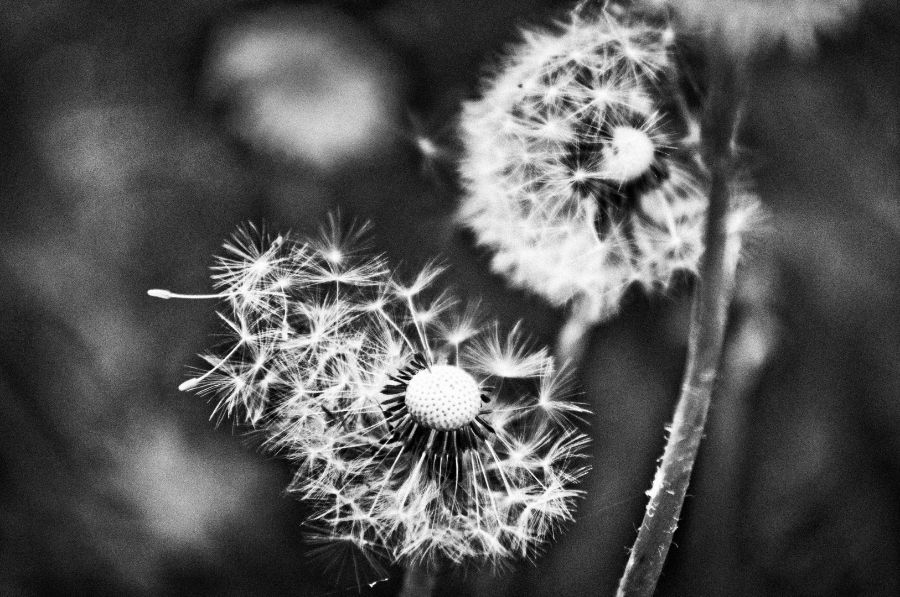Odă simplisimei flori
Păpădie, ecumenică floare,
după a ta aurie ardoare
– pe nescrisele file –
anul îşi hotăreşte fericitele zile.
De un pean te-nvredniceşti,
tu, neluată în seamă, floare de rând.
Sămânţă să faci pe pământ
e tot ce doreşti. Alt gând nu porţi.
Dar înfloreşti şi asfinţeşti
alcătuind o aureolă de sfânt.
Lucian Blaga
Ode to the Humblest of Flowers
Dandelion, ecumenic flower,
the year obeys
your golden ardor
to assign its happiest days
on unwritten folios.
You are worthy of a hymn,
unregarded roadside bloom,
your one pure wish to sow
the earth with seed --
so you blossom and fade,
contriving the halo around
some unknown saint’s head.
(my translation)


this is a strange poem for me and so it raises all sorts of questions, the first, of course, is why it comes to me as strange. even in the dashboard seeing the beginning of this poem, first at Roxana's and then here, this was my reaction, whose voice is this? certainly not james's or roxana's.
ReplyDeleteso, why?
i think it is the presence of the two words, ecumenic and folio which are flags to me of another presence. while good and precise words for this poem, and even though i think perhaps did you use folio in another poem - (no, i have checked, you use folder in la vie privee) -they seem unlike either of you. and so this causes me to look further into the nature of poetry. poetry in this way then reflects less of that thing (or experience) it describes and becomes that thing which a particular poet describes; it imbues the artist onto the face of that which is being created.
now, isn't that exactly what we do in the world in all aspects?
i got an email this morning from another artist. she quotes may sarton, “That is why we are never done with thinking about our parents, I suppose, and come to know them better long after they are dead than we ever did when they were alive.” my reaction to this was a question, could it be that when our parents are dead we do not see their lives more clearly, but rather they do not get in the way with their living evolutions, do not disturb the images we create of them?
this is all a bit of a tangent. sorry:) but it speaks to the nature of identity and the purpose of art, doesn't it, and to the nature of existence itself.
that all said, i laugh. in the poem the common is heralded as the mysterious and that which is important, imbued with the drive (although unconscious) to perpetuate life. aren't we all common and mysterious, imbued with longing which propels us onward?
xo
erin
erin: poetry in this way then reflects less of that thing (or experience) it describes and becomes that thing which a particular poet describes; it imbues the artist onto the face of that which is being created.
Deletei would have to say yes, this is exactly what poetry does ... EXCEPT for when it is doing something different ... OR i would say yes, we leave our fingerprints on everything we touch :-))
one of the attractions of translation, i think, is that it opens the translator's voice to reaches that it might not have found otherwise, or perhaps allows another voice to inhabit the same space for a time ... at its best (though i'm making no such claim here, especially not in such a small poem), it imports a music into the language that the language did not have before ...
.
how well erin knows you, this is no wonder here, but she knows me equally well - indeed, ecumenic and folio are a strange presence in my world, but such encounters are all the more enriching, aren't they?
ReplyDelete